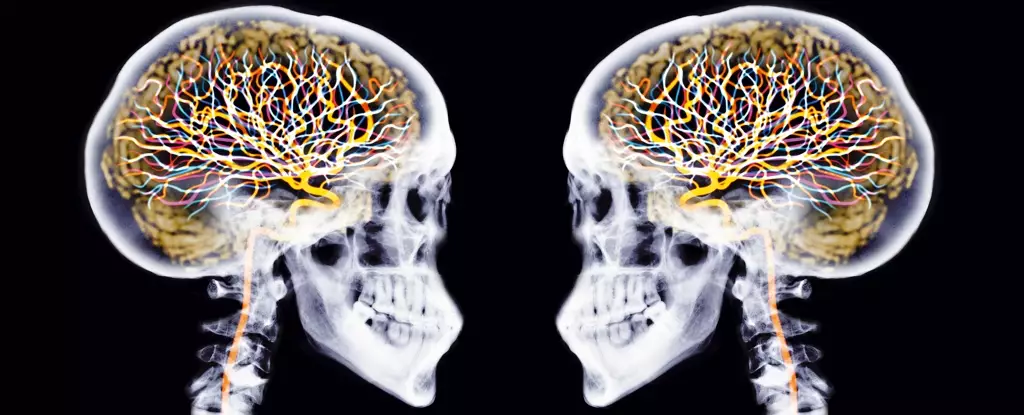The prevalence of conditions affecting the nervous system has reached an alarming high, surpassing heart disease as the leading cause of ill health worldwide. According to a major analysis conducted by the Institute for Health Metrics and Evaluation (IHME), more than 3.4 billion people, accounting for 43 percent of the global population, experienced a neurological condition in 2021. This staggering number far exceeds previous estimates, highlighting the urgent need for attention to this growing crisis.
Lead study author Jaimie Steinmetz emphasized that nervous system conditions have now become “the world’s leading cause of overall disease burden.” The study revealed a 59 percent increase in cases of these conditions over the last three decades, driven primarily by the aging and rapid growth of the global population. Researchers examined 37 different neurological conditions across 204 countries and territories from 1990 to 2021 to assess their impact on ill health, disability, and premature death.
The analysis estimated that more than 443 million years of healthy life were lost to nervous system disorders globally in 2021, marking an 18-percent increase from 1990. However, when adjusted for age and population size, disability-adjusted life years (DALYs) and deaths from these conditions actually decreased by around a third. The most devastating neurological condition identified in the study was stroke, responsible for 160 million years of healthy life lost, followed by neonatal encephalopathy, migraine, dementia, nerve damage from diabetes, meningitis, and epilepsy.
One significant reason for the shift in rankings was a recent classification change by the World Health Organization, which reclassified stroke as a neurological condition. This reclassification significantly impacted the statistics, highlighting the importance of consistent and accurate categorization in global health data analysis. The study also identified that deaths from neurological conditions often occur at a young age, contributing significantly to the years of life lost.
The research emphasized the urgent need for prevention, treatment, and rehabilitation strategies to address the growing burden of neurological disorders worldwide. With the majority of these conditions lacking a cure, the focus should be on reducing risk factors such as high blood pressure, diabetes, and excessive alcohol consumption. The study highlighted the disproportionate impact on poorer countries, calling for greater attention and resources to address this escalating crisis.
As the prevalence of neurological conditions continues to rise rapidly, there is a pressing need for proactive measures to alleviate the strain on health systems worldwide. Study co-author Valery Feigin cautioned that the neurological burden is increasing at an alarming pace, underscoring the need for coordinated efforts to address this escalating crisis before it overwhelms healthcare systems in the coming decades.


Leave a Reply